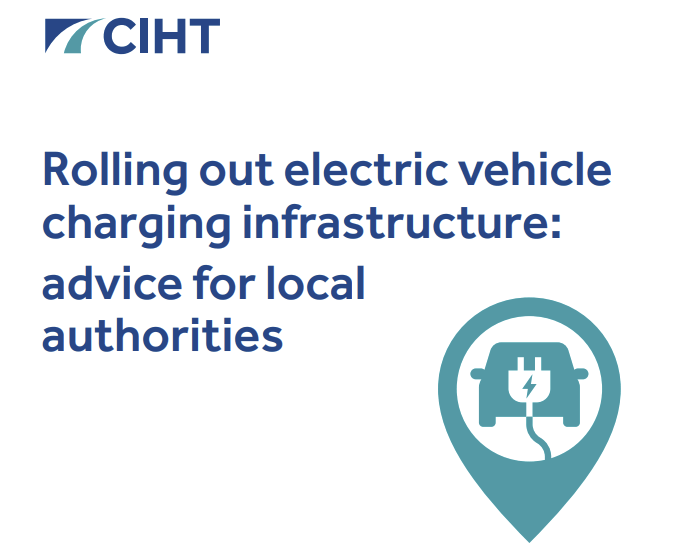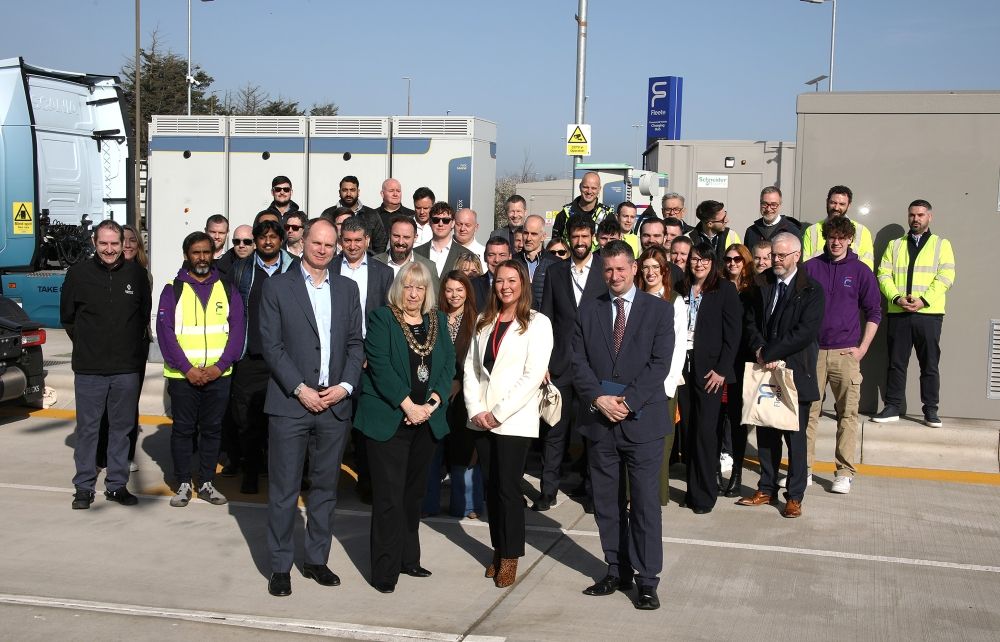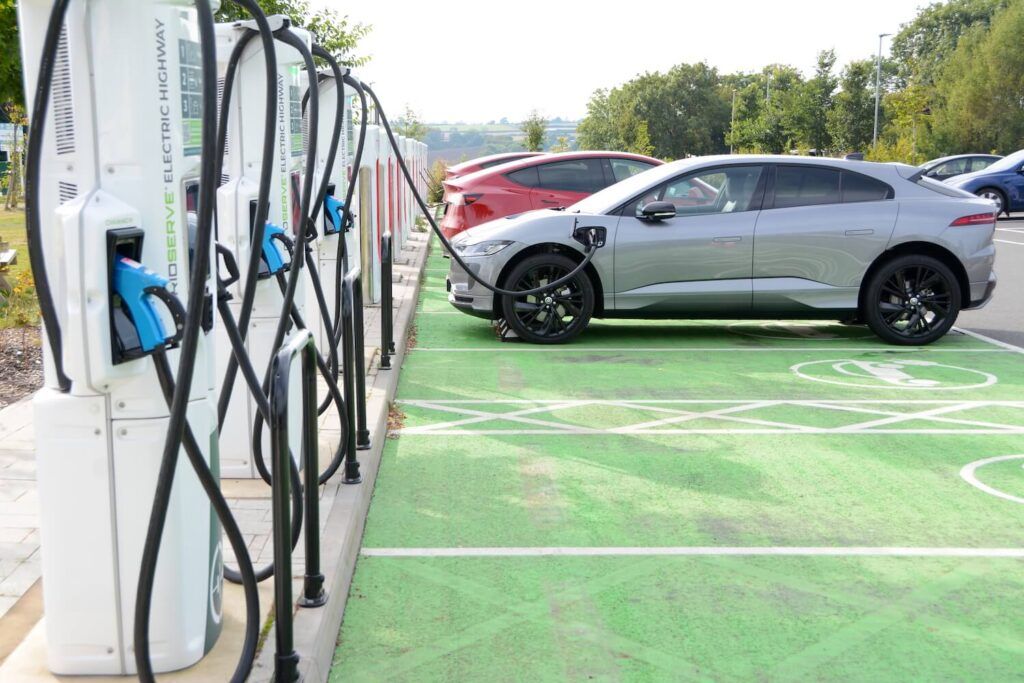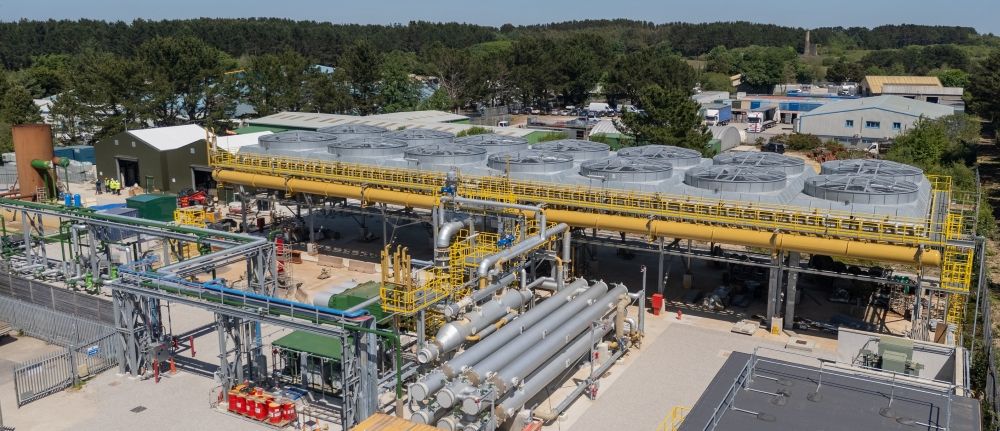“Drastic action” is needed to hit electric van targets as well as the “pressing need” for wider fleet electrification, according to a new white paper by Flexible Power Systems (FPS) and PA Consulting.
The findings come in the report, Mitigating Risk, Maximising Value: A Strategic Approach to Fleet Decarbonisation, which examines the critical factors in determining fleet decarbonisation pathways in the approach to the European Zero Emission Vehicles (ZEV) mandate.
It said that more than 700,000 Internal Combustion Engine (ICE) vehicles will have to be displaced every year to meet European sales targets.
But electric vehicle (EV) van sales were only 6.5% of total van sales in Europe in 2024, meaning “drastic action is needed to achieve the aim of a carbon free future”.
According to the European Automobile Manufacturers’ Association (ACEA), more than €16 billion in fines could be issued this year to carmakers who do not meet emissions targets.
The white paper states “early action is crucial” to mitigate risks from tightening regulations and unlock operational, financial, and reputational benefits.
It outlines three key operational pillars for successful fleet decarbonisation: ensuring high-quality data to inform fleet decision-making in real-time; generating cross-functional sponsorship and incentivising productive collaboration; and ensuring infrastructure and fleet optimisation is informed by broader organisational dependencies and new capabilities.
The white paper also emphasises that successful fleet decarbonisation “goes beyond technical requirements”, stating it “is essential to capture organisational and business requirements to ensure a holistic approach”. This includes aligning fleet decarbonisation with broader business strategies, stakeholder coordination, and integrating new capabilities into existing operations.
It also delves into common challenges such as affordability, technical barriers, and operational hurdles, while highlighting the significant benefits of early investment in a well-planned decarbonisation strategy.
Michael Ayres, Managing Director at Flexible Power Systems, said:
“The clock is ticking to make a meaningful transition to an EV fleet future. Early action will not only mitigate risk from tightening regulations, but also unlock significant operational, financial and regulatory benefits.
“The key is to start planning early to ensure commercial fleets are ready for when regulations start making a significant impact on investment decisions. The time for action is now.”
David Sanders, energy transition expert at PA Consulting, said:
“In PA’s experience, deploying the right operational configuration when planning and executing a fleet decarbonisation programme can be transformative.”












